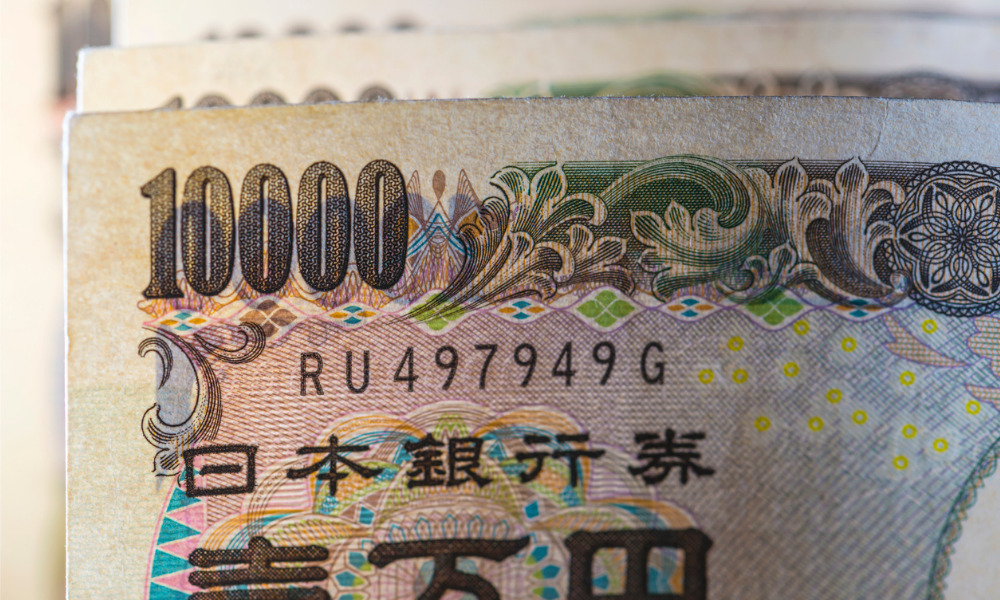
But employers say inflation isn't the only reason for increases

The latest forecast for Japan's spring wage negotiations is predicting the highest base pay hikes in three decades, amid a four-decade-high inflation rate.
Goldman Sachs Group raised its base wage increase forecast to 1.2% amid the annual negotiations between labour unions and companies, up from the previous 0.9%, reported Bloomberg.
Including scheduled, seniority-based raises, Goldman is predicting a 2.8% increase, higher than the previous 2.5% prediction.
This is the highest base pay hike since 1993 in Japan, according to the report, with the revision due to the "proactive stance" of employers in terms of salaries.
Goldman also attributed the revision to Japan's inflation rate, which hit a 41-year-high of four per cent in December 2022.
Prime Minister Fumio Kishida previously pledged to take the necessary steps to tackle this, adding that he would introduce labour reforms to support sustainable pay rises.
These predictions come as more employers are open to increasing wages amid the rising costs of living. Dai-ichi Life Insurance Co., for example, is eyeing an average wage hike of five per cent for its 50,000 staff in April, according to another Bloomberg report.
This follows moves by Silicon wafer maker Sumco, which is planning a six-per-cent increase this year; and retail giant Uniqlo, which announced a wage hike of up to 40% in March.
Meanwhile, employers are being encouraged by influential business groups to "respond positively" to wage hike requests from staff, stressing that it is their "social responsibility."
Other predictions for Japan's salary increase this year include the 2.6% hike forecasted by Willis Towers Watson in its Salary Budget Planning Survey Report.
Despite pressure to increase wages matching inflation, however, employers are saying that they are increasing wages because of employee performance.
Uniqlo, for example, said that it is raising wages to strengthen investment in personnel.
Takahito Tokita, chief executive officer of Fujitsu, also said in a separate report that it is "not necessarily good for people to feel" that they're being compensated because of inflation.
"It's better if we do it because the business is healthy. What we want to do is reward each and every employee who contributes to the growth of our company," Tokita said as quoted by Bloomberg.